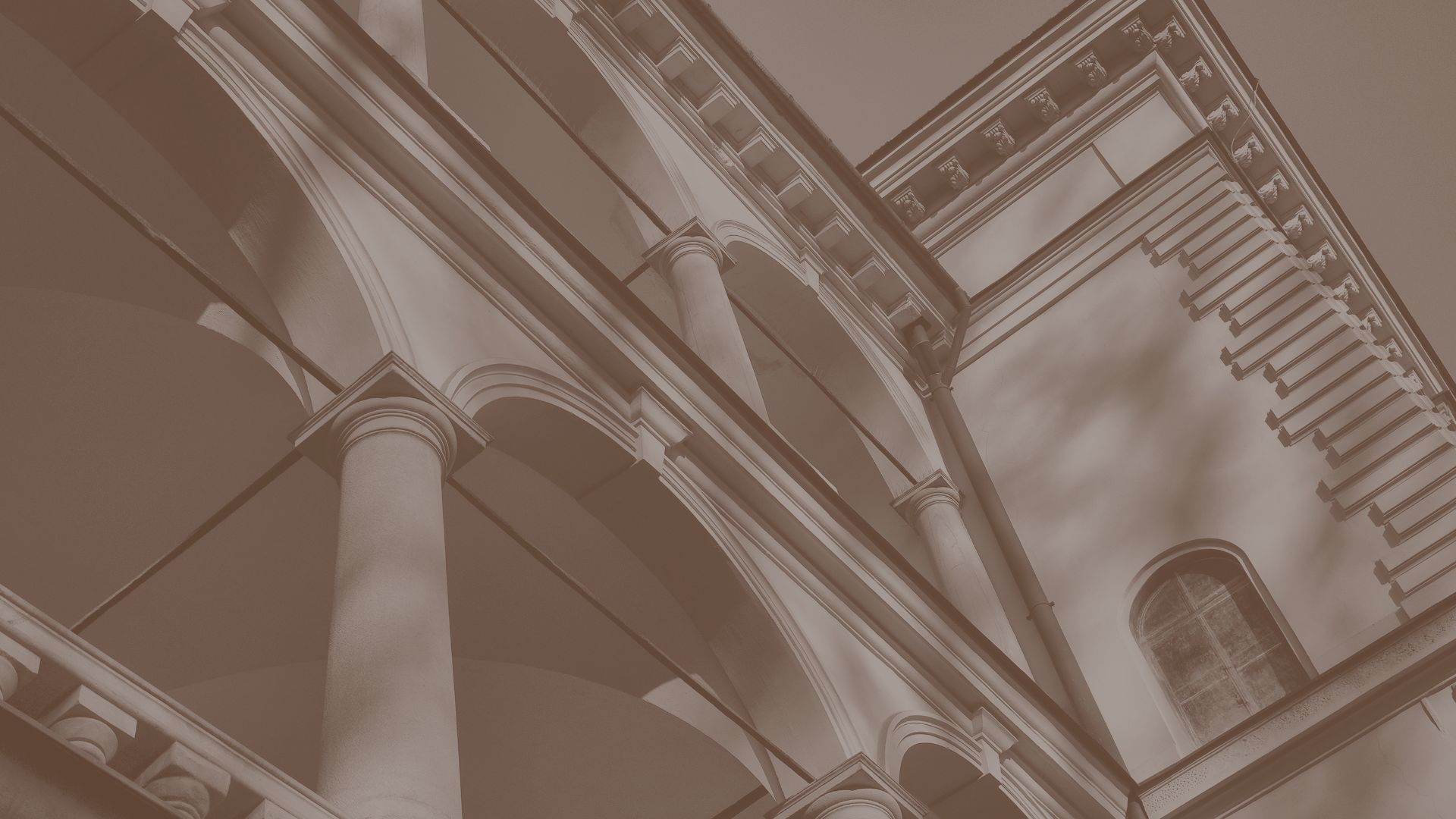Literature
Visegrad Literary Residences – spring 2022
Residents:
Samuel Velebný
is a multimedia artist, curator and art theorist. Since 2018, he has been working as a curator at the Open Mural Gallery in Kosice, as well as an editor at the online magazine www.newtranslation.net. In 2021, he started doctoral studies at the Faculty of Arts of the Technical University of Kosice. He regularly publishes essays and reviews in cultural magazines. The main focus of his recent works is sport as a media spectacle and a tool of political power.
“During my residency at Villa Decius, I will be working on a book titled ‘Trybuny ludu’, about the history and contemporary condition of Slovak football stadiums, both as examples of architecture and as politically contested public spaces.”
Magdalena Sodomkova
is a Czech journalist and investigative reporter. She worked for MF DNES, wrote for Newsweek and Reporter and the dailies: Lidové noviny, Lidé a země and Deník N. She published reports from dozens of countries around the world. Author of two books: “Mathematics of Crime” (2020) and “Memories of Gerhardt Bubník” (2017).
10 years ago I took part in a project organized by Ars Cameralis called “777”. It was an artistic residency for 7 writers and 7 photographers, taking place in 7 Silesian cities. Together with the French-Laotian photographer, Lâm Duke Hiên, I landed in Pszczyna. The topic of the project was arbitrary. The town seemed to be a romantic place, with a beautiful castle and a park where couples came for post-wedding sessions. We started asking residents about their love stories. The stories they told us were personal, but in their background you could sometimes feel the painful history of the place. As part of the Visegrad Literary Residencies, I want to return to Pszczyna, meet the same couples, ask about the fate of their love – and learn something from those in love.
Péter Bódi
works with young people in a small non-governmental organization in Hungary. Over the last ten years, he has published four novels, the fifth is being edited. He writes mainly about subcultures, generational problems, juvenile delinquents and young people from difficult backgrounds.
“While working on the novels, I also wrote short stories, which I only started publishing in 2020. All of them tell about the same hero and his life adventures. These stories evolve into detailed and complex stories that explore psychological motivations and other drives “hidden beneath the surface” of the psyche. Because I grow up with my character, I think the short story format allows me to explore growing up better than if I followed the classic novel structure. During my residency in Krakow, I want to focus on my hero’s never-before-described childhood and new situations in his life related to entering adulthood.
Marta Grzywacz
press, radio and television journalist. Historical columnist. A graduate of the Faculty of Law at the University of Warsaw. He publishes in Gazeta Wyborcza and Newsweek, writing mainly about the history of the 20th century. Her first book – “The Treasure Protector. Karol Estreicher in search of looted works of art”, won the Internet users’ award for the “Best historical book” of 2017 in the “Historia Zebrana” plebiscite of the histmag.org portal. Another, “Our Lady of Ravensbrück. The Story of Johanna Langefeld”, brought her the “Juliusz” literary award for the best biography of 2020, the “Klio” award awarded by the Historical Book Publishers’ Association and the audience award at the Reportage Festival in Lublin. Her latest publication was released in April 2022: “Scars. The true story of the “rabbits” from Ravensbrück. Marta Grzywacz also teaches at the Faculty of Journalism of the SWPS University of Humanities in Warsaw, is an audiobook lecturer, and in her free time she becomes a tour guide around Żyrardów and Warsaw.
As part of the Visegrad Literary Residencies, Marta Grzywacz will work on the biography of prof. Stanisław Lorentz, director of the National Museum in Warsaw, who served in this capacity from 1935 to 1981, protecting cultural property from looting during the war, and after the war trying to find and recover losses. Prof. Lorentz – a figure both distinguished and controversial – believed that whatever valuable was left in Poland after the Nazi plundering, Warsaw – destroyed and stripped of its monuments – had priority. His dispute with prof. is well known in the world of culture. Karol Estreicher, for some of the exhibits from Krakow museums and galleries, as well as the Potocki Palace in Krzeszowice, which Stanisław Lorentz wanted to see in the capital. It was, among other things, thanks to his efforts that the Royal Castle in Warsaw was rebuilt.
